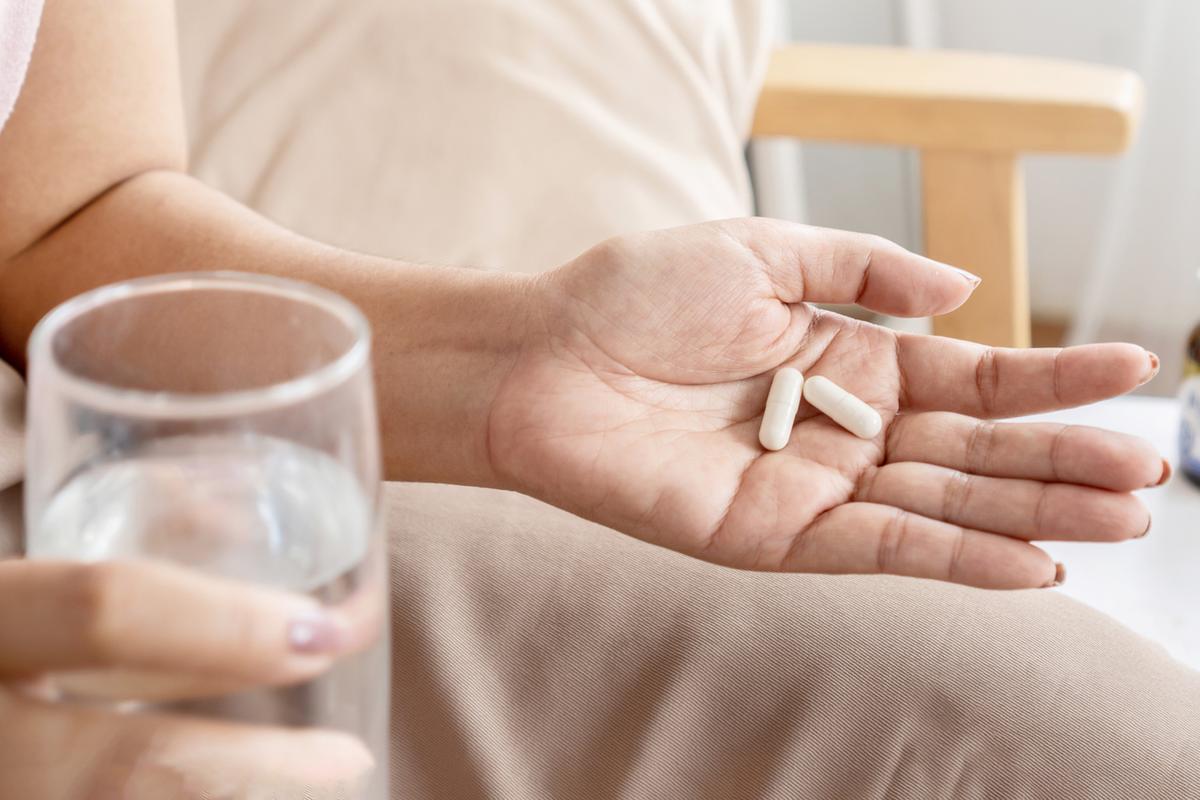Do Digestive Enzymes for Bloating Actually Work?
Healthy’s Summary
Let’s be honest—bloating is the worst. It’s uncomfortable, unpredictable, and weirdly common. If you’ve been wondering whether digestive enzymes for bloating can help, you’re definitely not alone. These little helpers are trending for a reason. In simple terms, digestive enzymes are proteins that break down food in your gut. When your body doesn’t produce enough (or the right kind), things can get… backed up. Enter: supplements.
Some people swear by digestive enzyme supplements to ease post-meal puffiness, especially after eating things like dairy, fats, or high-fiber veggies. But do they actually work? And how do you know if they’re right for you?
What are digestive enzymes—and why do they matter for bloating?
Digestive enzymes for bloating are a common go-to for people struggling with that uncomfortable, gassy feeling after meals. Digestive enzymes help your body break food down into nutrients. They’re made by your salivary glands, stomach, pancreas, and small intestine. There are different types—amylase for carbs, protease for proteins, lipase for fats, and lactase for lactose (yep, that milk sugar many of us struggle with).
So what happens when you’re low on enzymes? Food sits longer in your gut, fermenting and producing gas. That’s where digestive enzymes for bloating come in. If your body isn’t producing enough naturally—or if you overload it with foods that are hard to break down—supplements may help ease that “why-do-I-look-6-months-pregnant” feeling.
Enzyme supplements are usually taken with meals, and often contain a blend of different enzymes to target multiple food groups. Some are tailored for dairy intolerance (look for lactase), others for general bloating relief.
According to Cleveland Clinic, digestive enzymes can be helpful, especially for people with enzyme insufficiencies, like those with IBS, pancreatitis, or lactose intolerance. That said, if your bloating is chronic or painful, a deeper cause might be at play.
How do I know if digestive enzymes are right for my bloating?
Here’s the trick: not all bloating is caused by enzyme issues. Sometimes it’s hormones. Sometimes it’s stress, salt, or that giant salad you inhaled for lunch. But if you tend to bloat after specific foods—especially ones high in fat, fiber, or dairy—you might be a good candidate for a digestive enzyme.
Here’s when it’s worth considering:
- You bloat almost immediately after meals
- You notice gurgling, gas, or discomfort in the upper abdomen
- You suspect food intolerances (dairy, gluten, beans)
- You’ve been diagnosed with conditions like IBS or pancreatic insufficiency
That said, enzyme supplements aren’t magic pills. They work best alongside mindful eating habits—chewing thoroughly, slowing down, and paying attention to which foods trigger symptoms. A Johns Hopkins gastroenterologist notes that even with supplements, understanding your digestive patterns is key to long-term relief.
If you believe your bloating could be premenipausal, see our other article: Is Bloating a Sign of Hormone Imbalance in Perimenopause?
Ask Healthy
What’s the best way to take digestive enzymes for bloating?
If you’re trying digestive enzymes, here are a few tips to make the most of them:
- Timing is everything. Take them right before or with your first bite of food.
- Choose a blend that fits your diet. Mixed meals? Look for a broad-spectrum enzyme. Sensitive to dairy? Focus on lactase.
- Start slow. Some people feel better quickly. Others need a few days (or weeks) of consistent use to notice a difference.
- Watch your symptoms. No change? You might be treating the wrong issue.
Some medical institutions caution that enzyme supplements are usually safe but not meant for long-term self-diagnosis. It’s always smart to chat with a healthcare provider before adding a new supplement.
The Takeaway
Digestive enzymes for bloating can help some people feel lighter, less gassy, and more comfortable after meals—but they’re not a cure-all. If your body struggles to break down certain foods, they might give your gut the assist it needs. But if the root cause is something else—like SIBO, stress, or food sensitivities—you’ll need a different approach.
The good news? You’re not stuck feeling bloated forever. Whether enzymes are your solution or just part of the puzzle, you can learn what works for your body.
Want to dig deeper?
Decoding Your Gut: Patterns, Triggers, Relief
Struggling with persistent gut symptoms? You’re not alone. “Navigating Chronic Gut Issues” is designed to empower you with tools to manage symptoms, identify potential triggers, and find more comfort day-to-day. Through personalized check-ins, symptom tracking, and guided insights, you’ll gain clarity on how lifestyle factors like food, stress, and sleep affect your gut health.
Enroll in one of Healthy’s Programs to log, track and learn more about your Health, one conversation at a time.
Learn More




